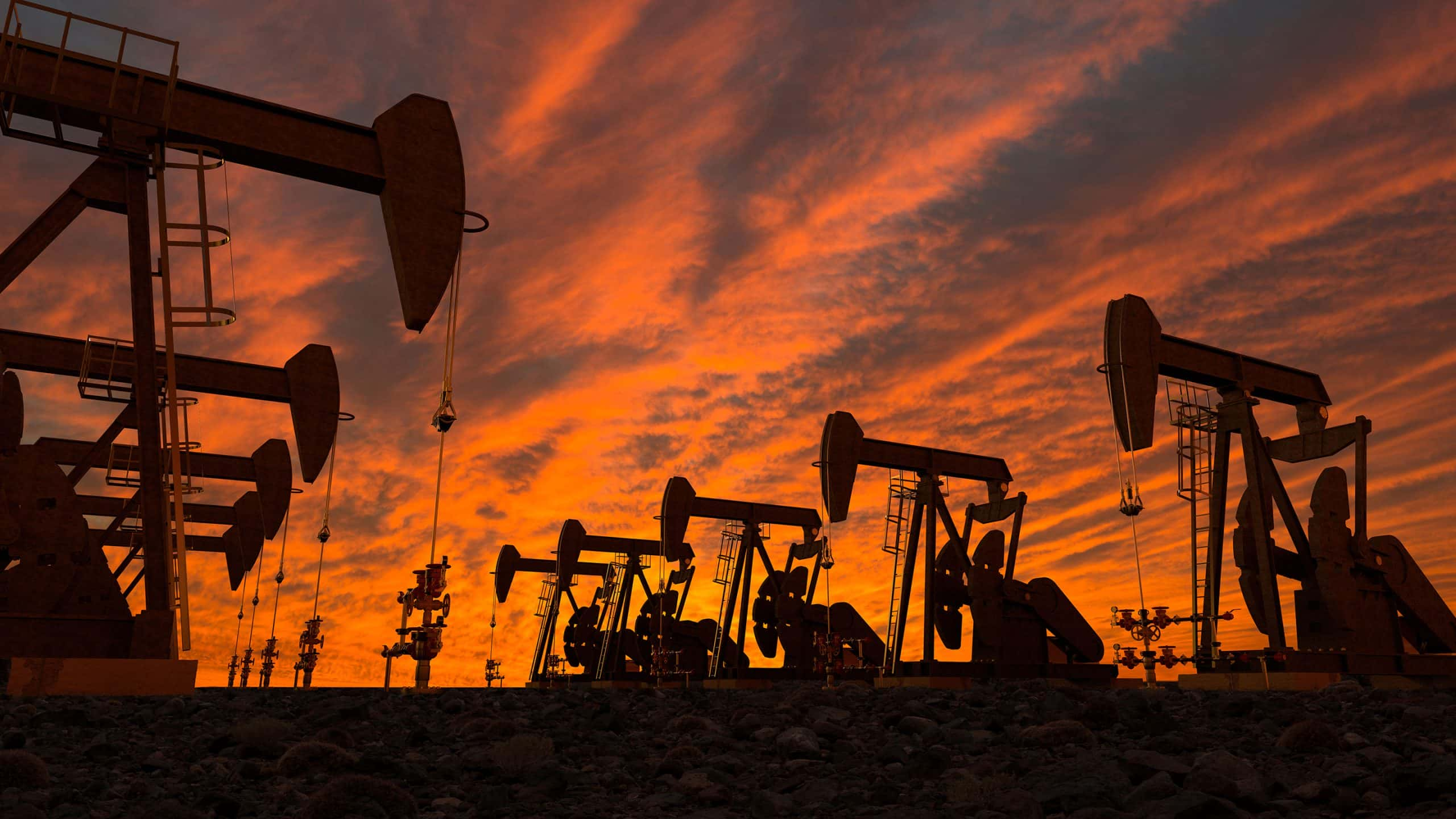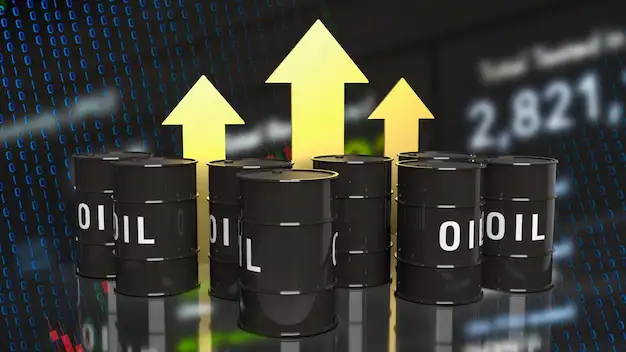On March 31, 2023, in Washington, DC, the media ask US President Joe Biden for the criminal charges against former President Donald Trump. Biden refused to respond.
The previous year, President Joe Biden came under a lot of criticism when the Russian assault on Ukraine caused gas prices to rise dramatically. As the key midterm elections that might change control of Congress from Democrats to Republicans approached, voters wanted comfort at the pump after becoming increasingly upset over the growing inflation for basic goods.

Finally, Biden chose to step in and utilize the Strategic Petroleum Reserve (SPR), which was established following the 1973–74 oil embargo for usage during times of need. 180 million barrels of oil were produced under his leadership from the network of deep wells, the largest amount ever in American history.
As per the Treasury Department, the policy was mostly successful in lowering U.S. consumer gas costs by 17 to 42 cents every gallon. The Biden administration claims that since the oil provided for a median cost of $96 per barrel, it is going to be allowed to make an unexpected profit when it supplies the reserve in the future at a reduced cost of $67 to $72 each barrel.
“The taxpayers benefit from this strategy. And it is a victory for energy security,” the White House declared in a press release, claiming that the method of refilling would guarantee constant oil need and encourage expanded production “at a moment while Putin’s conflict keeps trying to destroy world energy markets.”




